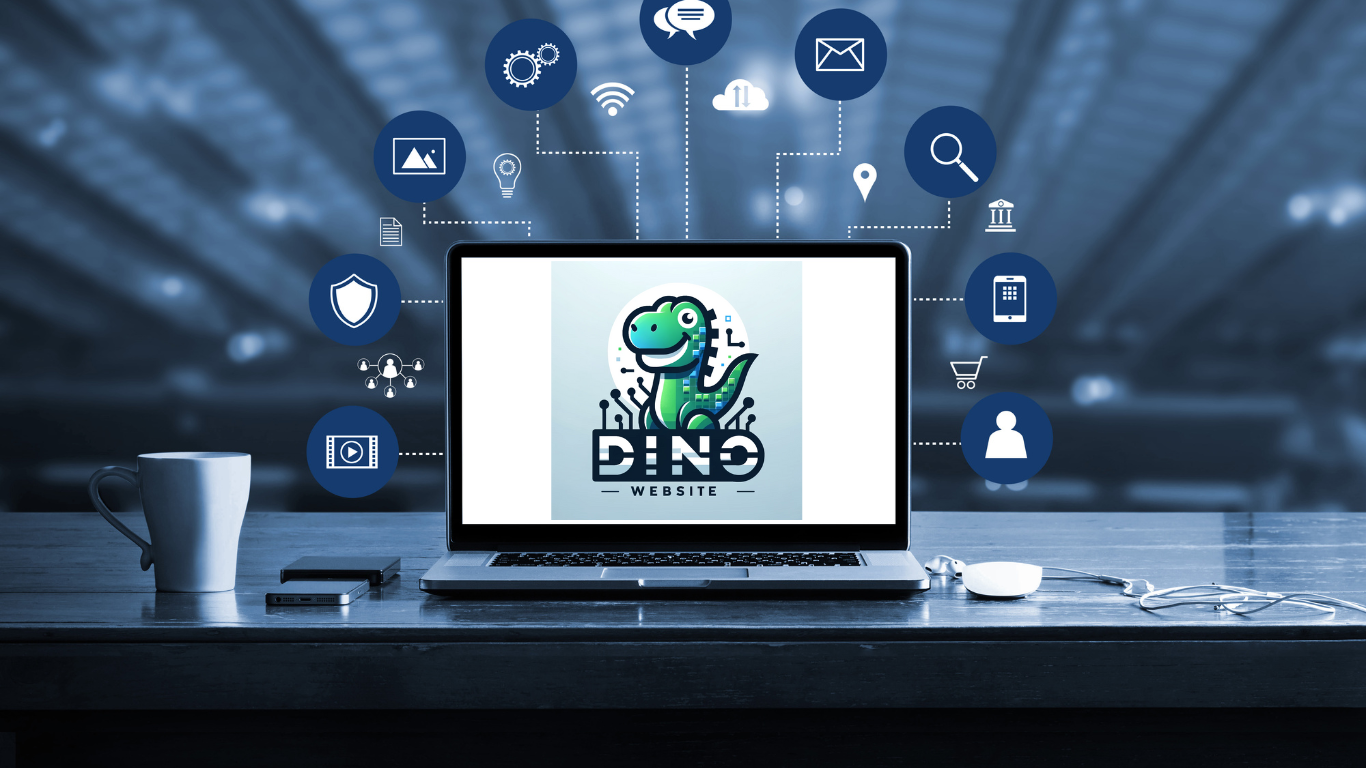Introduction
Indonesia, with its vast market and growing economy, offers lucrative opportunities for foreign entrepreneurs. However, navigating the business landscape as a foreigner can be complex. This article will provide a comprehensive guide on how to successfully establish and operate a profitable business in Indonesia in 2024.
Understanding the Indonesian Business Landscape
- Market Potential: Highlight Indonesia’s large population, growing middle class, and diverse economy.
- Regulatory Framework: Explain the concept of a PT PMA (Perseroan Terbatas Penanaman Modal Asing) and the importance of compliance with Indonesian laws.
- Cultural Nuances: Discuss the significance of building relationships, understanding local customs, and adapting to the Indonesian business culture.
Steps to Starting a Business
-
Market Research:
- Identify a niche market or industry with high growth potential.
- Analyze competition and consumer behavior.
- Conduct feasibility studies to assess the viability of your business idea.
-
Choose a Business Structure:
- Explain the advantages and disadvantages of different business structures, such as PT PMA, CV, and sole proprietorship.
- Discuss the required capital and ownership percentages for foreign investors.
-
Obtain Necessary Permits and Licenses:
- Outline the key permits and licenses required to operate a business in Indonesia, including a business license, tax identification number, and import-export permits (if applicable).
- Provide information on government agencies involved in the licensing process.
-
Find a Local Partner (Optional):
- Discuss the benefits of having a local partner, such as navigating bureaucracy and understanding local market dynamics.
- Explain the process of finding a reliable partner and structuring the partnership agreement.
-
Comply with Labor Laws:
- Highlight the importance of adhering to Indonesian labor laws, including minimum wage requirements, working hours, and social security contributions.
Tips for Success
- Build a Strong Network: Emphasize the value of networking with local businesses, government officials, and industry associations.
- Hire Local Talent: Discuss the benefits of hiring local employees who understand the market and can help you build relationships.
- Adapt to the Digital Economy: Encourage the use of e-commerce platforms and digital marketing strategies to reach a wider audience.
- Consider Tax Implications: Explain the Indonesian tax system and the importance of seeking advice from a tax professional.
Conclusion
Starting a business in Indonesia can be a rewarding venture. By understanding the regulatory environment, building strong relationships, and adapting to the local market, foreign entrepreneurs can successfully establish and grow their businesses in this dynamic Southeast Asian nation.

